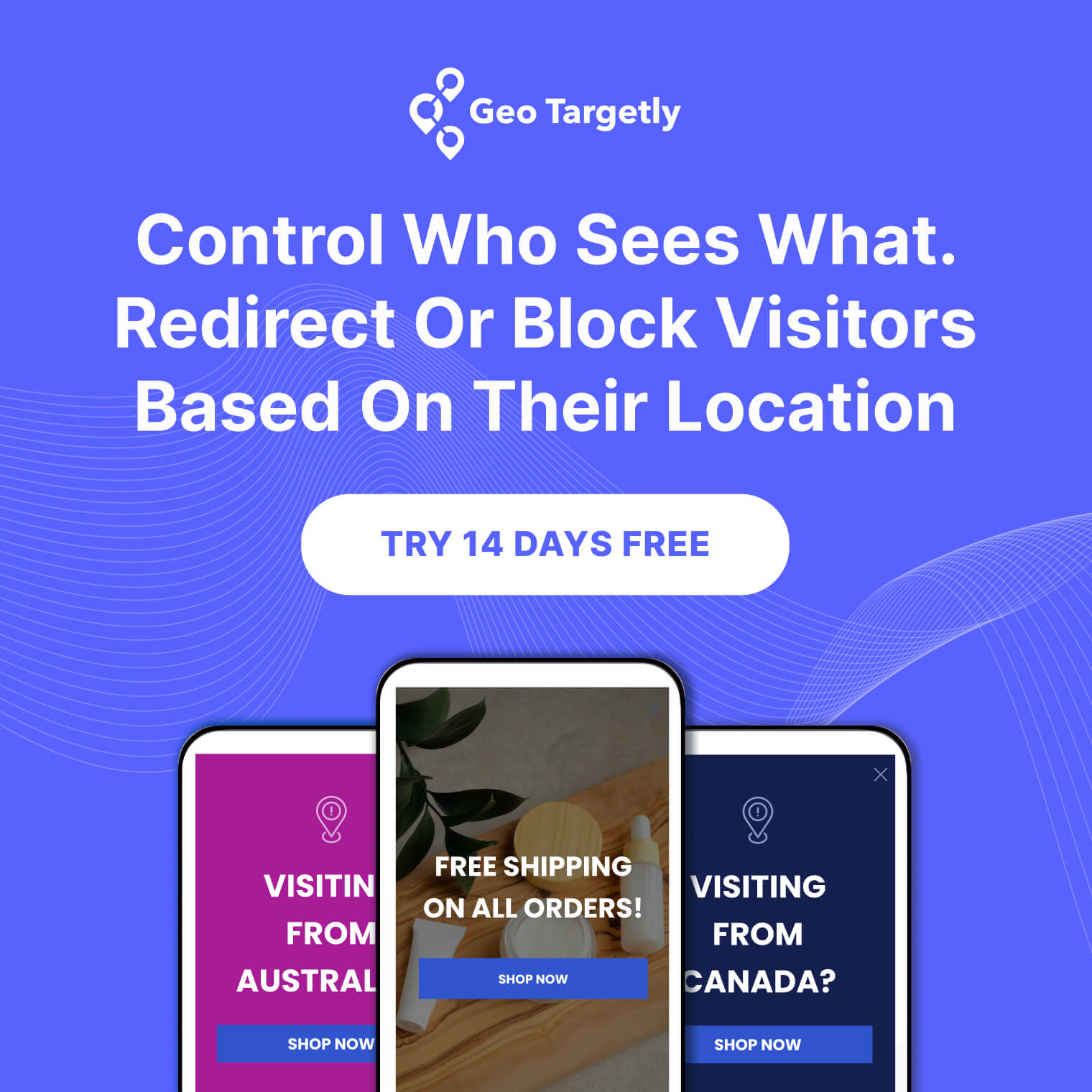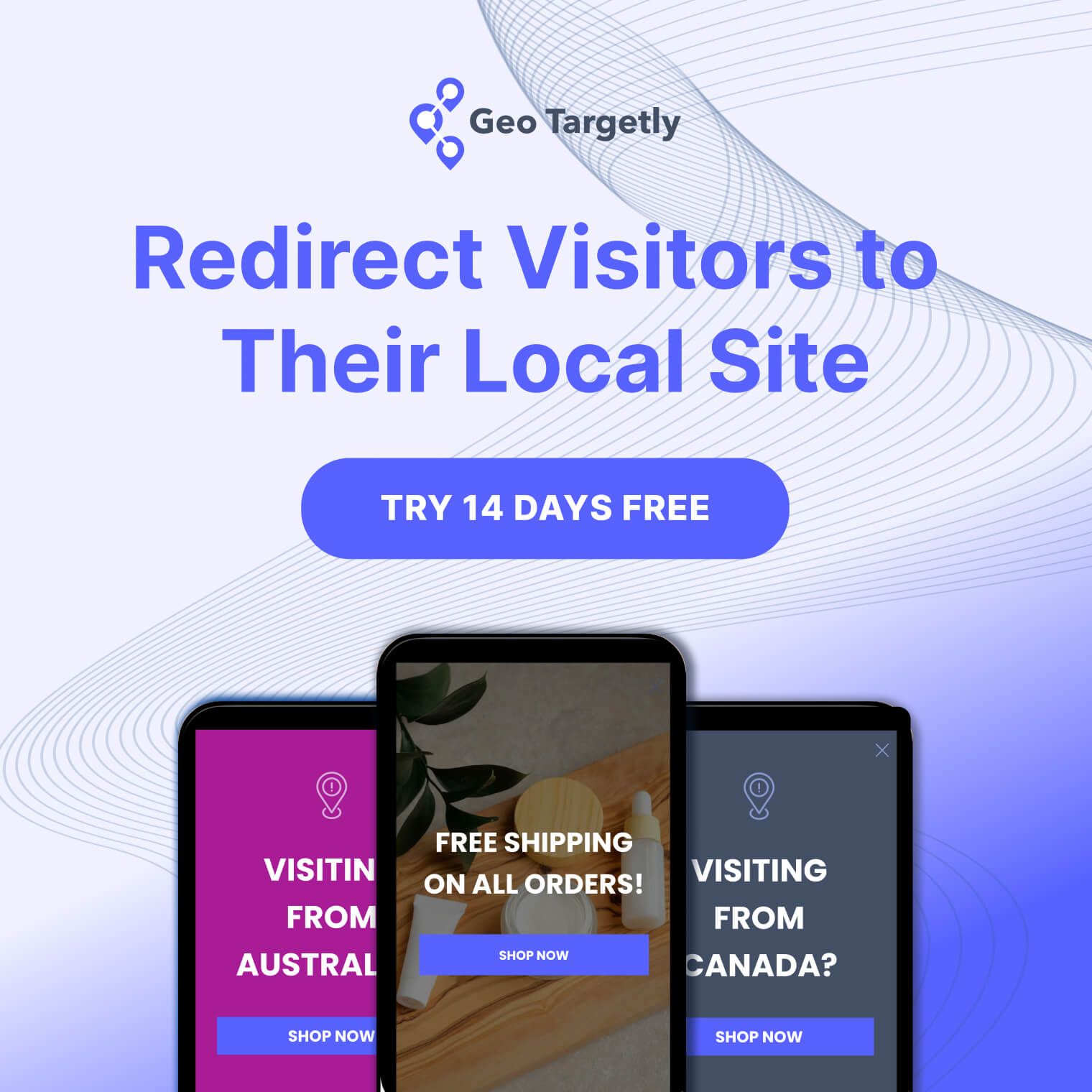

For quite some time now, we’ve been harping about the innumerable benefits that an IP geolocation service can offer your business. Indeed, geotargeting by way of IP geolocation, has started to become a mainstay in the marketing strategies of businesses today. Organisations are now wise to the fact that personalising your content through region-specific languages, offers and pricing is a near-guaranteed way of ensuring better click-through rates, lead generation, and ultimately, conversions. Accurate location information also helps businesses sculpt more effective localised campaigns through which they can establish strong and lasting connections with their consumer base.
Despite all this however, doubts still persist about the accuracy and effectiveness of IP geolocation services, especially when compared to the alternatives. Based on these, certain businesses might be inclined to try out methods like GPS or cookies to gain insights on their consumers.
These methods do have their own merits, but an IP geolocation service is overall a better solution for your geotargeting; the advantages it has over its alternatives simply cannot be overlooked.

What are the alternatives to an IP geolocation service
HTML5, GPS, registration data and cookies can all act as the base for a geolocation service in place of an IP address.
HTML5 primarily tracks users through the browsers they are using, many prominent browsers such as Mozilla Firefox and Google Chrome have this feature enabled, and it works on a per-session basis.
GPS is a popular form of location tracking on mobile devices; it is by far the most accurate form of geolocation, being able to discern within a few feet the user’s exact location.
User registration data and cookies are both primarily associated with websites. The former, as the name implies, relies on users being forthcoming about their location information. Based on the information supplied, content is personalised for the user on an individual basis. Cookies on the other hand, work a little differently, as they are able to store location information that users have provided elsewhere. Furthermore, cookies are able to gather data regarding the pathways and stops a user takes when they are browsing the web.
So then, why is an IP geolocation service a better option than any of these alternatives?
Personalising web content without intrusion
Privacy-sensitive users are something businesses should be mindful of when choosing a geolocation service. As we said earlier, it’s not uncommon to hear news that raise several privacy concerns on a daily basis. And as such, an ever-increasing amount of users are likely to be concerned at even the slightest notion that their online privacy is being intruded upon. This is perhaps the main reason that cookies in particular have gained such a bad rapport over the past few years. Certain users even utilise browser tools that block cookies simply due to the privacy concerns they raise.
For a business, using cookies can also be detrimental to the connection you maintain with your consumers. Users might get annoyed upon realising that they are being tracked by cookies originating from your site; some will likely just click off the site when the initial cookie opt-in pops up.
An IP geolocation service provides a far less intrusive solution to personalising your content, serving as an effective way to build lasting connections with privacy-sensitive users.
Pro tip: Using a tool like Geo Cookie Consent enables your website to display the proper cookie consent banner based on user's location.
IP geolocation services take device and connection preferences into account
At face value, it may seem that IP geolocation services solely provide a location-based intelligence. And while that maybe the prime focus of the service, it also provides information on the device and connections types of your visitors, something that can prove particularly useful on mobile.
With how popular mobile has become as a platform, it’s important for gambling websites to ensure proper mobile-optimisation. This is where knowing device and connection types, as well as connection speeds become invaluable. Based on this intelligence, a gambling site can show the best performing content to its visitors.
Think of a mobile user who’s currently browsing the site but is on a slow connection; they’re shown a fast-loading static ad of an offer. A mobile user with a fast connection on the other hand, might be shown the same offer in a visually striking, interactable ad. In both instances the user is given the best possible experience, based on personal circumstances, and better user experience is the key to better conversions.
A single solution for all platforms and environments
When going over the list of alternative services for an IP geolocation service, you might have noticed that each of them are more or less restricted to certain platforms or environments. For example, GPS is firmly entrenched in the mobile space, while HTML5 and cookies depend on your browser.
The thing with IP addresses is that everyone has one. If a device is connected to the internet, well it’s got an IP address! Thereby, going with an IP geolocation service means you don’t have to implement multiple different services to get all your bases covered. What’s more, its consistent accuracy - around 90% at state-level and 80% at the city-level - allows businesses to compile a smart location database utilising information from multiple different devices and connections.
Essentially, a geolocation service is a smart and convenient way to improve your business’ targeting and content personalisation. It allows for better customer interactions and engagement, which subsequently leads to a better conversion rate.
While alternatives to an IP geolocation service do exist, they are laden with drawbacks, making IP based geo targeting the go-to solution for tech-savvy marketers.




.webp)


































